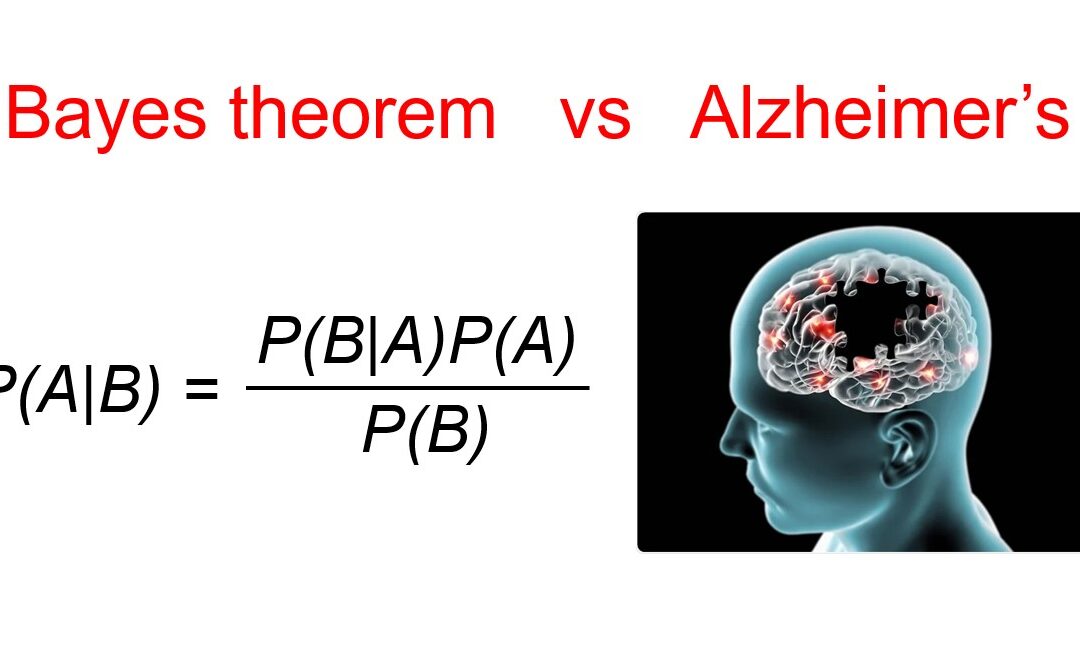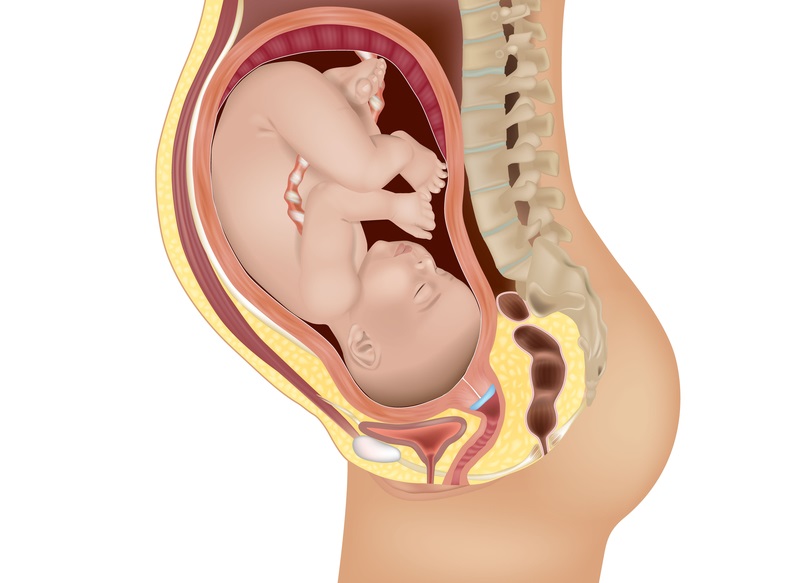
by Iliyah Maddox | Oct 22, 2024 | health and medicine
Antimicrobial resistance (or AMR for short) is a pressing global health challenge that poses significant risks, particularly in low- and middle-income countries. The extensive research conducted by Saffiatou Darboe of the London School of Hygiene and Tropical Medicine, The Gambia, and her colleagues, has been pivotal in understanding and addressing this issue within The Gambia and other regions in sub-Saharan Africa. This episode delves into four comprehensive studies conducted by Darboe and colleagues, shedding light on the impact of AMR, the importance of antibiograms, and specific outbreaks of resistant pathogens.

by Iliyah Maddox | Oct 22, 2024 | health and medicine
As cannabis prohibition begins to unravel across the world, cannabis use has become more common and normalised. Researchers are assessing the impact of this on vulnerable populations, such as pregnant women. Strikingly, cannabis is among the most commonly used substances during pregnancy, raising serious concerns about its effects on unborn children and the long-term consequences this could have. Prof. Miranda Reed of Auburn University, and colleagues, have assessed how cannabis exposure in the womb can affect brain development and cognitive abilities, such as memory.

by Iliyah Maddox | Oct 16, 2024 | health and medicine
Ulcerative colitis is a chronic inflammatory bowel disease that affects the colon and rectum, leading to symptoms such as severe bloody diarrhoea and abdominal pain. For many patients, the disease can become acute, with symptoms worsening rapidly and requiring hospitalization. In these cases, corticosteroids—powerful anti-inflammatory drugs—are often the first line of treatment. However, the effectiveness of corticosteroids varies significantly among patients, and a considerable number do not respond to this treatment, putting them at risk of severe complications, including the need for surgery.

by Iliyah Maddox | Oct 16, 2024 | health and medicine
Pancreatic cancer, particularly pancreatic ductal adenocarcinoma, stands as one of the most lethal cancers. Despite being only the ninth most common cancer in the United States, it is the fourth leading cause of cancer-related deaths. This discrepancy is due to its aggressive nature and the challenge of early diagnosis. By the time symptoms become apparent, the disease is often at an advanced stage, making it difficult to treat effectively. With a five-year survival rate of just 9% for late-stage diagnoses, researchers such as Prof. Ian Rabinowitz and his team at the University of New Mexico are determined to uncover the mysteries behind this formidable disease.

by admin | Sep 6, 2024 | health and medicine
Phase 3 clinical trials are the most expensive part of drug development, and the most important hurdle to regulatory approval. More than 95% of phase 3 trials in Alzheimer’s disease fail. The main reason is a poor foundation, namely, inadequate or misleading phase 2 trials. Dr. Donald Berry, Founder of Berry Consultants and Founder and Professor of the Department of Biostatistics at the University of Texas MD Anderson Cancer Center, along with his son Dr. Scott Berry, President of Berry Consultants, are committed to turning the tide. Their revolutionary methodology involves adaptive clinical trial design within a Bayesian statistical approach.

by admin | Aug 15, 2024 | health and medicine
Childbirth is a remarkable event that brings joy and new beginnings but also poses significant physical challenges to the mother’s body. One such challenge is the separation of the pubic symphysis, a joint located between the left and right pubic bones. Dr. Kamalini Das of Regions Hospital, Minnesota, and her colleagues conducted a groundbreaking study to investigate pubic symphysis separation in women who delivered vaginally versus those who had cesarean sections. Their research provides important insights into the nature of this physiological change and its development postpartum.
Page 1 of 4412345...102030...»Last »






